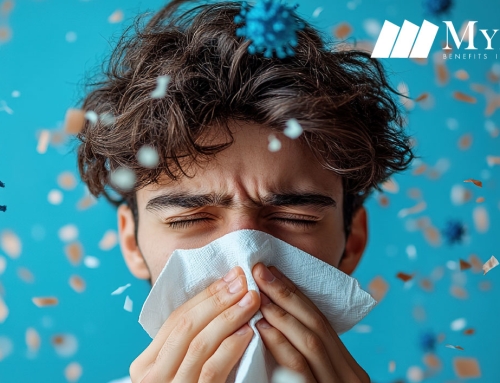- Asthma is a chronic condition that causes inflammation and narrowing of the airways by producing excessive mucus that blocks air passage. Asthma affects all age groups around the world.
- The World Health Organization (WHO) estimates that 235 million people suffer from asthma in the world, and that in the next 10 years deaths from asthma will increase if urgent measures are not taken.
- According to the Department of Health, (PRASS 2015-2019), it is estimated that in Puerto Rico 1 in 9 adults has asthma. More women (14.8%) suffer from this condition than men (7.0%). The towns with the highest prevalence of asthma in adults are Arecibo and Bayamón. 2 out of 10 children and adolescents in PR have asthma. 7% are boys and 14.7% girls (BRFSS, 2016-2018).
- It is important that asthma is well controlled, particularly in the current COVID-19 pandemic. Having uncontrolled asthma is a risk factor for having asthma attacks.
- People with chronic diseases, in case of contracting COVID-19, appear to be at greater risk of suffering a more serious illness. However, it is not clear if this is the case with asthma.
- Controlled Asthma in Children:
- Do not cough more than 2 days a week,
- Do not wake up at nigh due to coughing more than once a month (or no more than 2 times a night in children 12 years and older),
- Do not need more than 2 rescue treatment per week,
- Have not taken more than more than 1 round of oral steroids such as Prednisone in 12 months and,
- Can perform regular activities without respiratory limitations.
- Common Asthma Triggers
- Allergens: pets, cockroaches, mites, rodents, fungi, food, and dust.
- Environmental: cigarette smoke, cold air, Sahara dust, perfumes, candles, aromatic oils, and air pollution.
- Physical: asthma due to exercise, viral infections, and emotions.
This is a good time to review your asthma management and control plan with your doctor. Take an active part in all decisions about your treatment. Talk to your doctor about the signs and symptoms, risk factors, types of treatments, and prognosis for your condition. Plan your follow-up visits to assess asthma control and modify treatment if necessary. Asthma has no cure, however, with proper treatment it can be controlled.
by: Tania Mangual-Monzón, MS
References:
Healthy Children healthychildren.org
Puerto Rico Health Department salud.gov.pr
World Health Organization who.int













